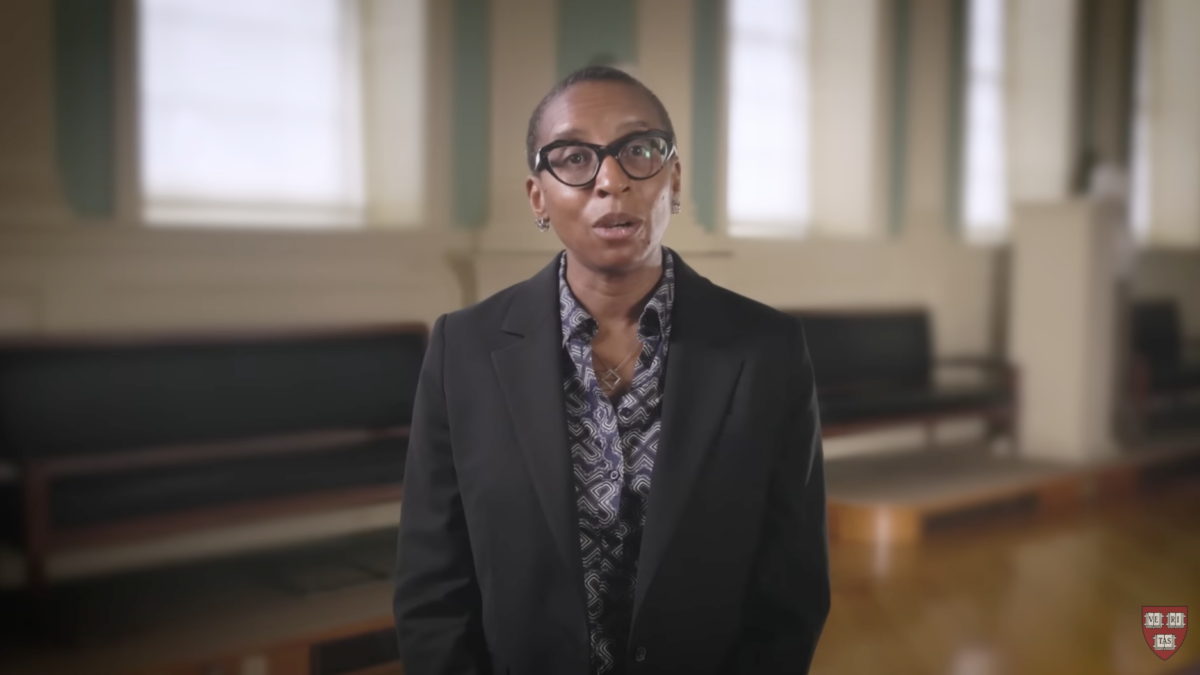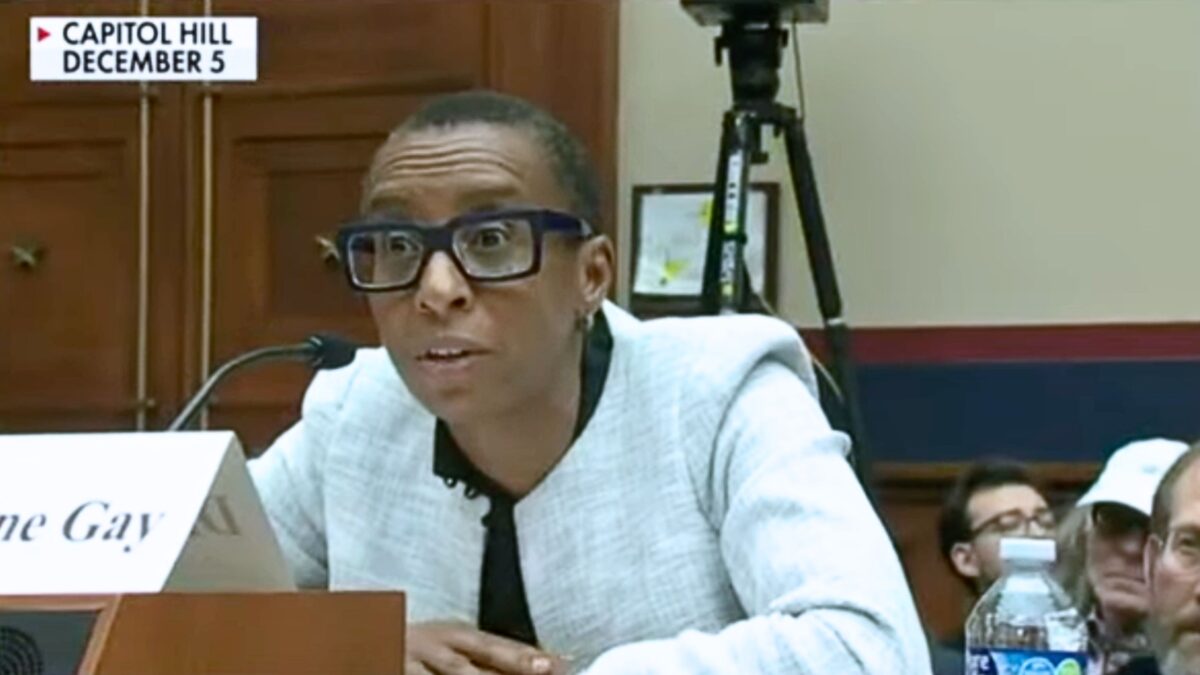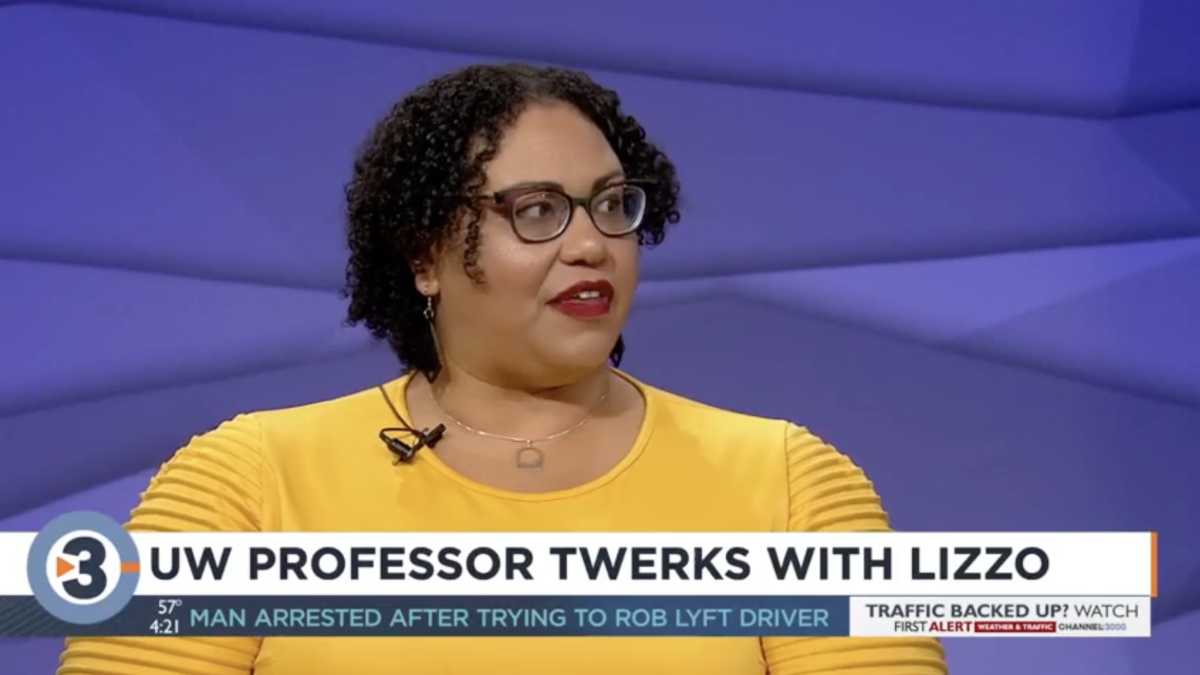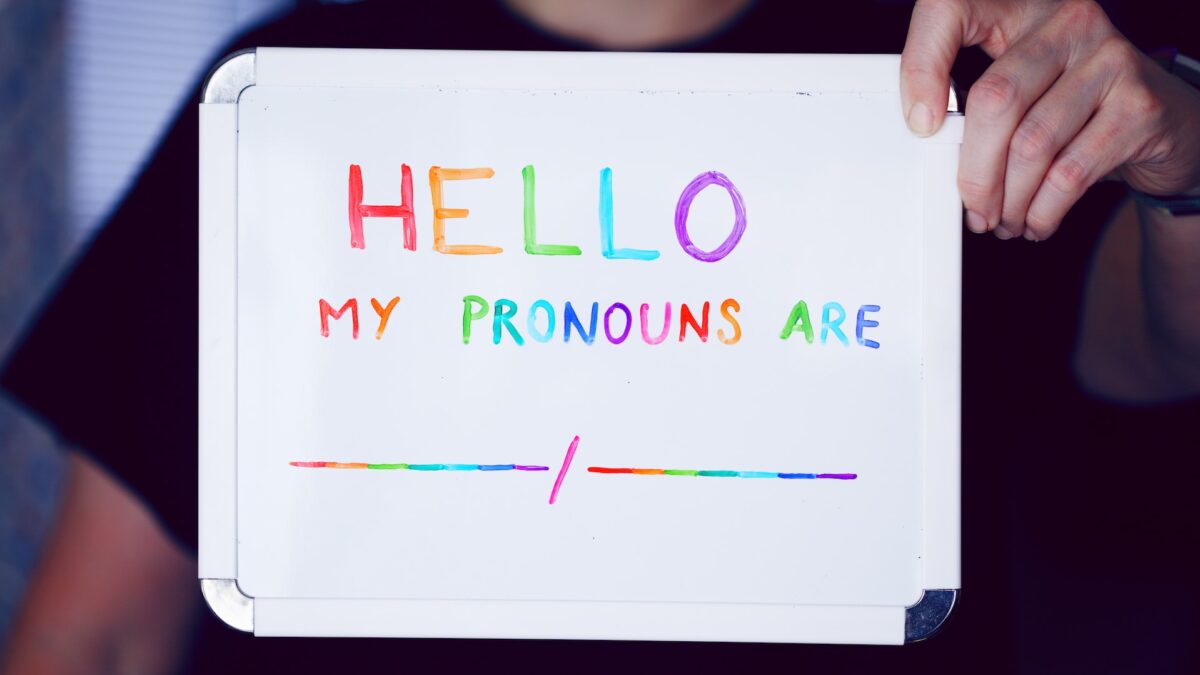
This week, a highly decorated combat veteran, former U.S. Senator and Secretary of the Navy, and distinguished graduate of the U.S. Naval Academy turned down a Distinguished Graduate Award from the U.S. Naval Academy.
Former Democratic Sen. Jim Webb of Virginia was scheduled to receive the service academy’s highest honor this spring. But in the face of protests over an article he wrote against the idea of women in combat in 1979, Webb decided he would be a distraction from the ceremony and withdrew.
“I am being told that my presence at the ceremony would likely mar the otherwise celebratory nature of that special day, and as a consequence I find it necessary to decline to accept the award,” Webb said in a statement.
He’s being considerate of others involved with the event, which is a worthy impulse, but this courtesy has a broader negative impact than would disruption by protesters at a graduation ceremony.
Unfortunately, when people like Webb turn down such honors and speaking gigs in the face of protest, they teach protesters their protests aren’t just useful for registering discontent— another worthy impulse!— but for silencing those with whom they disagree. Especially on college campuses, which are allegedly interested in free inquiry, the standard should be high for speech that is unacceptable, and yet every day the limbo bar falls lower and lower and lower.
Webb’s speech offense is a 40-year-old essay, for whose tone and effects he’s expressed regret. Since that essay was published, Webb has been a Secretary of the Navy who increased the service’s roles for women and a senator from Virginia in the party that fancies itself the sole fair representative of women.
These parts of his resume mean nothing to objectors, some of whom experienced first-hand the aforementioned effects the tone of his essay created. I’m thankful for the service of those women in the face of advserity just as I am thankful for Webb’s. But because our society has lost all ability to think critically about a thought within the context of its time or within the arc of a human being’s life, a man who literally led the entire Navy is deemed unworthy of a U.S. Navy honor because he wrote something during the Carter era.
Highly qualified and prominent public figures need to reclaim their ability to say “noted.” As in, your concerns are noted, and we will be moving forward with this graduation ceremony as planned.
Succumbing to the heckler’s veto, even for most noble of reasons, means other speech will be shut down. Succumbing to the heckler’s veto when you are eminently qualified for the honor or speaking gig you’ve been offered makes it far easier to heckle someone of less prominence and obvious qualifications from the stage.
Condoleezza Rice, the nation’s first African-American, female Secretary of State, was hounded into declining her 2014 commencement invitation from Rutgers University by the very same people who complain about the relative dearth of women of color as commencement speakers. The school’s faculty voted to rescind her invitation, but a more level-headed student assembly voted to welcome her to campus. Nonetheless, in the face of controversy, Rice demurred for the same reasons as Webb.
“Commencement should be a time of joyous celebration for the graduates and their families. Rutgers’ invitation to me to speak has become a distraction for the university community at this very special time,” Rice wrote in characteristically classy form.
At Smith College, an elite women’s school, a French labor attorney who was the first female head of the International Monetary Fund was deemed beyond the pale for the open-minded academy. Several hundred people signed an anonymous online petition and the ensuing uproar led LaGarde to back out to “preserve the celebratory spirit of commencement day.”
If the likes of a senator, a former Secretary of State, and the world’s most powerful French labor attorney don’t stand up to these protests, the likelihood others will survive similar onslaughts goes down.
The protest from college-campus protesters shutting down speech is often, “Well, this isn’t a First Amendment issue because the government isn’t shutting down speech. Protest is, and that’s a form of free speech! See, we’re pro- free speech!”
Indeed, the First Amendment is a prohibition against government interference with speech. But think of that as the least we can do for free speech. We are more than capable of letting speakers speak, protesters protest, and audiences hear in American society, even at our festive occasions.
It wasn’t long ago that even college campuses knew how to do this without making fools of themselves. In 1990, then-First Lady Barbara Bush was invited to give the commencement address at liberal bastion Wellesley. A group of over 100 students objected to her because she had “gained recognition through the achievements of her husband, which contravenes what we have been taught over the last four years at Wellesley.” Wellesley’s most famous graduate is Hillary Clinton.
The Bushes responded cordially to student concerns, as did faculty, but maintained Mrs. Bush would be a good speaker with valuable perspective for students. To their credit, the petition protesting Bush’s speech didn’t ask for her removal from the ceremonies, according to New York Times reporting on the incident at the time.
A speaker spoke. Protests were registered. Students graduated. That is a recipe for a celebratory, special occasion in America. People of prominence should act as Bush did then to teach students of today how festive free speech can be.









